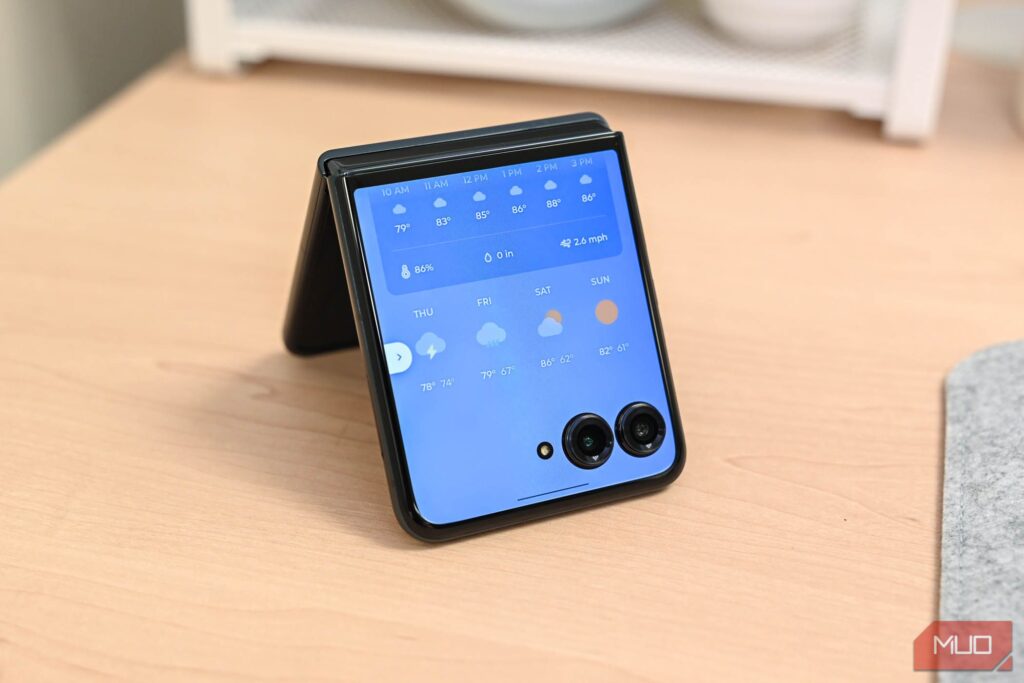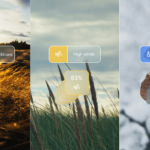If AI’s good at one thing, it’s churning through lots of data and building a model based on what it “experienced.” So, what happens when you feed an AI 39 years’ worth of global weather data and then ask it to make a forecast for the future? Well, if Google’s analysis is correct, you end up with a system that’s more accurate than human measurements.
Google DeepMind’s AI Model Beats Human Predictions 97.2% of the Time
As reported by the Google DeepMind research lab, the company has had great success using AI to predict the future. The researchers fed their new model, called “GenCast,” all of the global weather data between 1979 and 2018. It was then asked to predict what it thought would happen in 2019, comparing its findings to what the Ensemble Forecast predicted and what the weather was actually like on those days.
It turns out that AI managed to beat the Ensemble Forecast 97.2% of the time. That comparison rises to 99.8% when GenCast was asked to do forecasts past the 36-hour mark, making it much better than humans for making more distant forecasts.
The most interesting part is how GenCast’s accuracy is also applied to predicting extreme weather patterns like tornados. As such, if GenCast behaves in a live situation the same way it did in its tests, it may prove to be an invaluable asset for catching dangerous weather patterns and calling for evacuations far quicker than before.
So, is this the end for meteorologists? Probably not. After all, GenCast’s accurate forecasts wholly depend on receiving good data. As such, experts will likely use the AI models alongside their current systems to quickly and accurately generate weather forecasts instead of being replaced by them outright.
If you want to harness the power of Google’s AI, the company has a model called Gemini that’s designed as an ideal personal companion. Check out how Gemini can help you be more productive in Google Workspace, or these useful tricks for using Gemini AI in PowerPoint.


